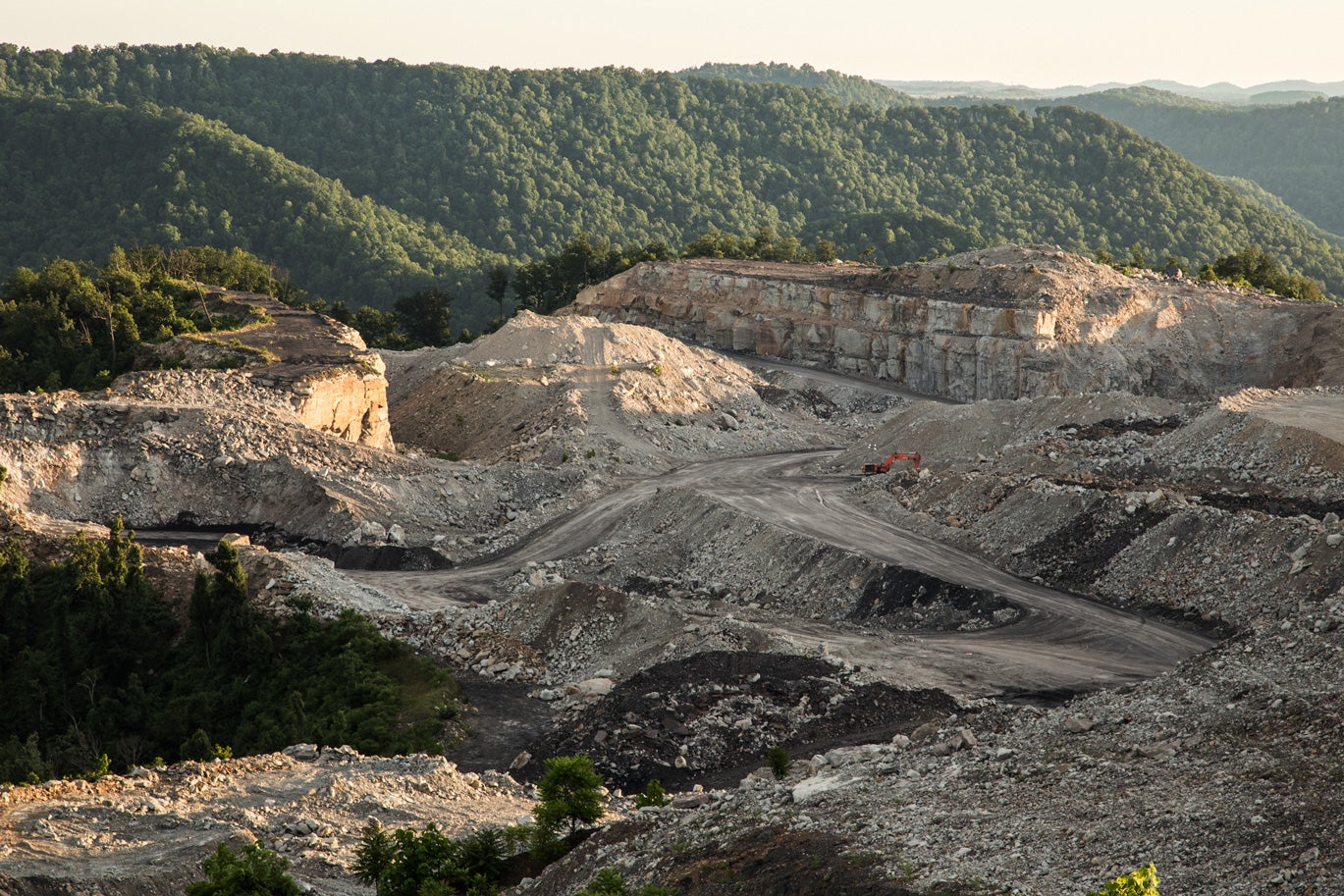Act Now to Avert Disaster in the Deep Sea
Mining the deep sea has the potential to be devastating to the planet.
The year was 1776, and the Industrial Revolution was about to begin. If we could return to the 18th century, we could warn everybody about the dangers of unregulated environmental exploitation. Today, we know all too well the risks of mining, haunted by images of barren landscapes, flattened mountain peaks, fouled rivers, and harmful labor practices. Had we known then what we know now, would we have done better? This is a moot question unfortunately, but today we might actually have a choice.
Instead of accepting the risk of environmental catastrophe, we have an opportunity to employ a precautionary approach that calls on corporations and governments alike to fully assess all potential risks of an emerging industry.
Nowhere is that precaution needed more than in the deep sea. In one of the most mysterious and sensitive parts of the planet, commercial interests are actively working to jumpstart a new industry with an unprecedented set of risks: deep sea mining.
The Rise of Deep Sea Mining
Mining the deep sea has the potential to be devastating to the planet. Fragile carbon cycles, which are poorly understood but inarguably crucial to sequestering greenhouse gases, could be irreparably damaged, creating a spiraling emission release that deepens the climate crisis. Thousands of tons of sediment would likely be ejected across large areas of the sea with unknown impact. Damage to the seafloor would likely not recover for hundreds or even thousands of years.
Deep sea mining (DSM) is many things: novel, poorly understood, potentially destructive, politically contentious, and commercially uncertain. The only studies conducted on its long-term effects have found ecosystems still barren of life decades after minimal mining took place.
Alarmingly, proponents are presenting DSM as a good alternative to the devastating effects of land-based mining, claiming that not only is DSM a safe and a low-impact alternative, but the remote reaches of the deep sea contain little ecological value. Nothing could be further from the truth.
The deep sea, once thought to be an empty void, has in recent decades been found to harbor a miraculous array of species. From angler fish to giant isopods, the deep sea contains rich biodiversity that communicate with bellowing sounds and sparks of light. These sparks of light are so abundant in the deep sea that they are the most common form of communication on the planet.
Amidst this rich biodiversity is over half of the Earth’s supply of critical minerals. The deepest parts of the seafloor have remained effectively impenetrable with mining technology, unable to withstand the extremely high water pressures the deep sea endeavors produce. This year, that may all change: with technological advancements, nations and corporations have deep sea mining operations in their sights.
Seizing a Lack of Evidence
Corporations that are already heavily invested in deep sea mining are claiming that the absence of evidence is evidence of absence. That is, companies are leveraging the lack of data available on deep seabed ecosystems to suggest their actions will have little environmental impact, when in fact, the impact is unknown. Whereas major fossil fuel companies outright hid information on climate change from the public, deep sea mining companies have the benefit of having little information to hide, working in some cases to prevent the acquisition of such information in the first place. Fortunately, we do have enough information about the deep sea to know that its high biodiversity and cache of undiscovered species hold far more value for humanity and for resilient ocean ecosystems than do the short-term profits of exploitative and destructive mining industries.
The ISA, the Most Important International Body You’ve Never Heard of!
Standing between unknown environmental calamity and a mining industry eager to start exploitation is the International Seabed Authority. The ISA, headquartered in Jamaica, is a small independent body assembled by the United Nations with few staff and minimal funding. There, in Kingston, a small assembly of people are drafting the mining regulations that will govern the exploitation of the largest swath of our planet.
The companies and nations pursuing deep sea mining hope to ignite a seafaring industrial age of their own; massive machines several stories high are their proverbial steam engine. Today, we have the chance to know for certain what we would have done two-and-a-half centuries ago to mitigate the environmental damage of the era to come, had we only known the climate catastrophe we might avert. This time, we have an opportunity to avert a far-reaching oceanic calamity.
Our Opportunity to Act
The ocean is central to solving the many crises we currently face, including climate change, biodiversity loss, and environmental injustice. The ocean is also critical to President Biden’s commitment to protect 30% of our lands and waters by 2030. As the deep sea is increasingly targeted as the next frontier for the mining industry, we are called to defend the deep. We are proud to announce Earthjustice’s official membership in the Deep Sea Conservation Coalition, the pre-eminent coalition of more than 80 nonprofits globally mounting an effort to protect vulnerable deep sea ecosystems.
Few times in our history have we had the chance to take action to protect the planet ahead of the birth of a new extractive industry. We have the unique opportunity to help shape the guardrails that will prevent harmful action before it begins and ensure proactively that deep sea mining is only undertaken when the risks are fully understood and mitigated, safeguarding the deep sea as the common heritage for generations to come.
Established in 1989, Earthjustice's Policy & Legislation team works with champions in Congress to craft legislation that supports and extends our legal gains.
